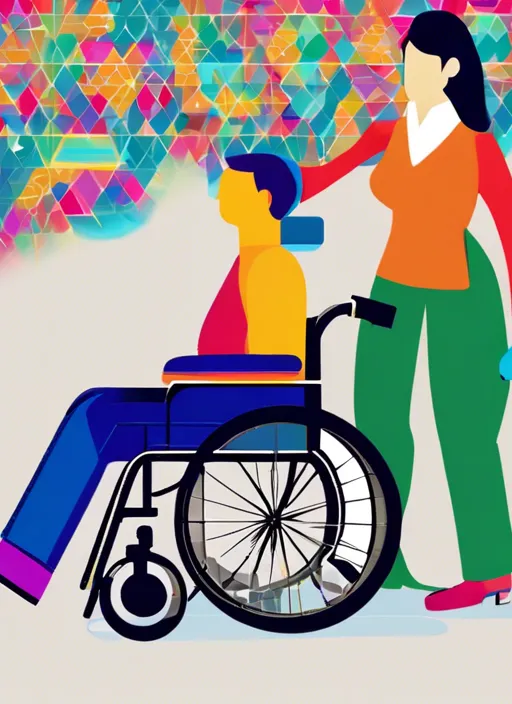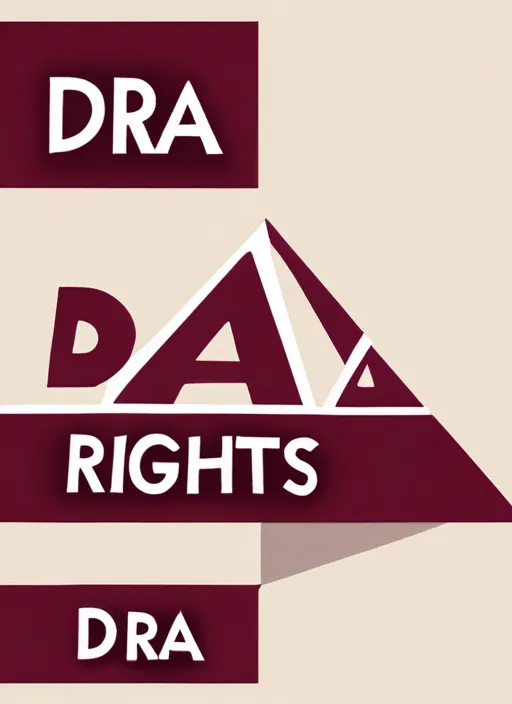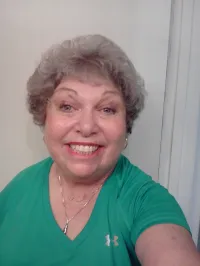
From Pain to Power: Growing Up with a Disability Before Civil Rights and Building a Life Against All Odds
Introduction
Growing up with a disability is never easy. But growing up with a disability before laws like the Individuals with Disabilities Education Act (IDEA), in an abusive household, made it feel almost impossible. This is the story of a life forged through pain, perseverance, and purpose—a journey of survival, strength, and self-determination when the world seemed to offer none.
Life Without Protection: Before Disability Rights Laws
Today, children with disabilities are guaranteed an education and support services through federal mandates. But it wasn’t always this way. I grew up in a time before IDEA, before Section 504 of the Rehabilitation Act, and before the Americans with Disabilities Act (ADA). Back then, the world saw children like me as “problems,” “burdens,” or worse—as invisible.
Schools weren’t required to accommodate us. Many simply turned children like me away. If you couldn’t walk, hear, see, or speak like other children, you were often denied a seat in the classroom. There were no IEPs, no accessible transportation, and certainly no empathy. My parents were told I belonged in a "special school," far away from other kids, or better yet—left at home.
But my fight wasn’t just with the school system. It began much earlier, and much closer to home.
A House That Wasn’t a Home
While many children with disabilities face social stigma, I also carried the crushing weight of psychological and physical abuse within my own family.
My disability wasn’t treated as something to be understood or supported. Instead, it became a justification for punishment, shame, and cruelty. I was blamed for being “different.” I was told I was “less than,” “not normal,” and even that I would never be worth anything. The emotional wounds ran deep. Verbal abuse was constant: name-calling, belittling, gaslighting. Physical abuse followed, and I learned early on that survival required silence.
The irony? The very people who should have been my advocates—my parents—were the ones reinforcing the lie that I was unworthy. I was growing up in a toxic environment where love was conditional, support was nonexistent, and my potential was smothered at every turn.
The Fight for Education
Despite everything, I knew that education would be my ticket to freedom. I didn't want pity—I wanted possibility. But the system didn’t make it easy.
At the time, most public schools could legally refuse to admit students with disabilities. And even when they didn’t, they didn’t have to make the building accessible or the curriculum inclusive. I faced discrimination not just from administrators but from teachers and students, too. I was labeled “slow” or “unfit” because of my physical challenges—not because of my intellect.
I had to fight for every opportunity—even the chance to sit in a classroom. I still remember the meetings, the battles, the humiliation of being questioned about whether I was “capable enough” to attend school. I was not given accommodations. I was not given encouragement. But I showed up. And I worked harder than anyone, because I knew I couldn’t afford not to.
Isolation and Determination
There was no internet back then. No online support groups. No social media advocacy. I was alone, and I felt it. The isolation that came from being both disabled and abused was staggering. I couldn’t talk to anyone about what was happening at home. I couldn’t ask teachers for help—they weren’t trained to recognize abuse or trauma in students with disabilities.
Still, I held onto one thing: my desire for independence. I kept going to school. I kept reading. I kept dreaming. Education became my escape, and books were the friends I didn’t have. I created an internal world where I was smart, strong, and valued—because the real world gave me none of that.
Rejection in the Workforce
After finally completing my education—despite all odds—I was ready to work. I wanted to be independent. I wanted to give back. But the workforce didn’t want me.
Even with a degree, finding gainful employment was almost impossible. Employers didn’t want to hire someone with a visible disability. The assumption was always that I’d need “too much help,” that I wouldn’t be able to keep up, or that customers would be “uncomfortable” interacting with someone like me.
I faced rejection after rejection. I was qualified. I was competent. But I was disabled. That’s all they saw. Eventually, I had to face a painful truth: The world wasn’t going to give me a seat at the table. I had to build my own.
Creating My Own Path: Starting a Business
Starting my own business wasn’t a dream—it was a necessity. I couldn’t find work, so I decided to create work for myself. I had the skills. I had the drive. What I needed now was the courage to bet on myself, after years of being told I was worthless.
At first, I didn’t know where to begin. I didn’t have mentors or access to capital. But I had one powerful advantage: resilience. I had spent my entire life overcoming barriers that were never supposed to be there in the first place. And that grit became my foundation.
I launched my own business with what little I had—just my skills and sheer determination. I offered coaching, consulting, and advocacy services, especially for other individuals with disabilities. I saw a gap that I knew how to fill. If the system wouldn’t support people like us, then I would.
From Surviving to Thriving
Running my own business didn’t just change my income. It changed my identity. For the first time, I wasn’t asking for permission—I was creating opportunities. I began speaking publicly, advocating for disability rights, and mentoring others who had similar experiences.
The irony wasn’t lost on me: the same society that once saw me as broken now looked to me for guidance. I transformed pain into purpose. I reclaimed my story. I redefined success on my own terms.
I built a platform that empowers people with disabilities to discover their potential. I speak to school boards, corporate leaders, and lawmakers. I coach others on how to turn barriers into stepping stones. My life went from silent suffering to powerful service.
Lessons Learned Through the Struggle
This journey wasn’t one of overnight success. It was decades of navigating pain, rejection, and systemic bias. But every struggle taught me something valuable:
Resilience is not a trait—it’s a practice. I had to keep showing up, even when I wanted to give up.
You must be your own advocate. No one is coming to save you, but that doesn’t mean you can’t save yourself.
Disability is not inability. It’s time the world sees us for our potential, not our limitations.
Starting a business can be a form of rebellion and liberation. When doors are closed, we build new ones.
The truth of your worth must come from within. If I had continued to believe what my abusers told me, I wouldn’t be here today.
A Message to Others
If you’re reading this and you’re growing up with a disability—or facing abuse, discrimination, or rejection—know this:
You are not broken.
You are not invisible.
And you are not alone.
Your experiences, however painful, can be the foundation of your power. You don’t need to wait for permission to succeed. You can redefine your path, reframe your mindset, and rise above the limitations others try to place on you.
You don’t need to fit into a world that wasn’t built for you. You can build your own world.
Looking Ahead
Today, there are more protections in place for people with disabilities than when I was a child. But the fight is far from over. Too many people with disabilities still face discrimination in schools, workplaces, and healthcare. Too many still experience abuse and isolation. That’s why I continue to tell my story—not for pity, but for progress.
I want to inspire others to take control of their narrative. To become entrepreneurs. To advocate for their rights. To build lives of purpose.
We still need more accessible schools, inclusive hiring practices, and awareness about invisible disabilities. But we also need to foster self-belief—because no law can do that for us.
Final Thoughts
My life is living proof that you can come from nothing—from trauma, silence, and rejection—and still create a life of value and purpose. I was denied education. Denied love. Denied employment. But I refused to be denied my future.
I am not just a survivor. I am a builder, a coach, a business owner, a speaker, and a guide. I have turned my pain into a platform. I speak up so others don’t have to live in silence. And I help people with disabilities become leaders—not in spite of their disabilities, but because of the strength those experiences gave them.
And if I could go from being told I would never amount to anything… to building a business that changes lives—then so can you.
Disability Rights Advocate
3 Keswick A
Deerfield Beach, FL 33442
Private Policy
Terms & Conditions

